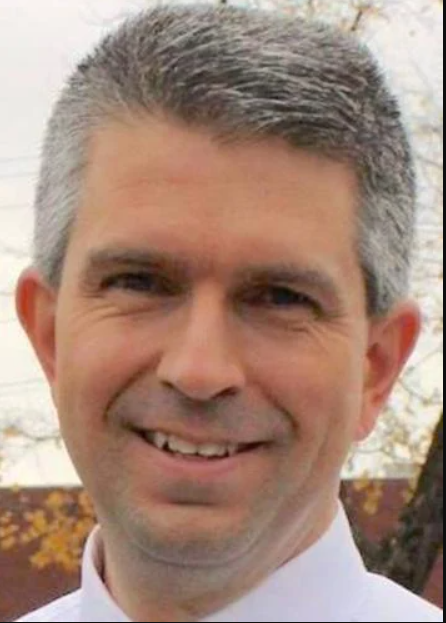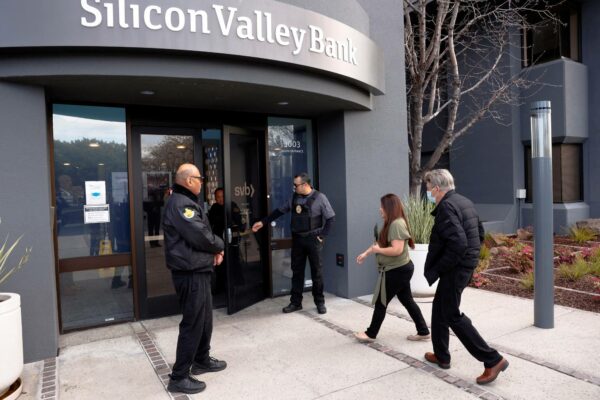The recent failure of Silicon Valley Bank nearly sent shockwaves across the banking industry and the financial sector as a whole.
As a greater risk than bank collapses, certain politicians pose a serious problem.
The subsequent failure of Signature Bank threatened to transform Silicon Valley Bank’s oversized ripples into actual shockwaves, but it appears that the Federal Reserve, the Federal Deposit Insurance Corporation, and the Biden administration have been successful in preventing the worst aspects of mass psychology from causing additional economic damage. Although the potential for rapid and severe economic harm appears to have been limited, some risk remains.
There is no assurance that the threat to other institutions has been eliminated. Whether you are a banker, whether you are a teller, a branch manager, or a member of the board, you are likely still somewhat concerned. Yet such anxiety may be helpful, and it has prompted many banks to evaluate themselves, their policies, their investments, their liquidity, and other indications to ensure that they do not repeat Silicon Valley’s and Signature’s errors.

It is some politicians who pose a greater risk than bank collapses.
Sadly, some banks may learn that they were already on the verge of committing these errors, but perhaps the recent collapse of other institutions serve as a canary in the coal mine, helping them to avoid the same fate as SVB and signature.
It is quite probable that other institutions, having made similar or comparable errors, will submit to the same pressures as the two prominent banks. Obviously, this is never a favorable situation. Nonetheless, a small number of subsequent failures does not foretell large-scale issues, and if they do occur, it is hoped that they will not damage trust to the point where bank runs worsen the issue or even become its own issue.
The current predicament is probably definitely a consequence of the monetary and fiscal policies implemented by the federal government in recent years. This does not imply that every action, law, or interest rate change was an error. The 2018 tax reforms were a blunder by nearly every metric and contributed to the current catastrophe.
They will continue to cause issues for the foreseeable future, impeding the nation’s capacity to recover from the aftereffects of COVID-19 alleviation programs that were, for the most part, more comprehensible, advantageous, and to some extent inevitable. Several lesser elements of the 2018 tax plan were not a big waste of money, and there were issues with the pandemic-era subsidies. Yet, the 2018 law was akin to having a nose job, but the pandemic-related stimulus programs are comparable to requiring emergency surgery after suffering a head injury.
Some of the bad faith actors that presently permeate the public debate couldn’t wait to politicize the bank collapses, almost like clockwork. Instead of denouncing Biden, Trump, the Federal Reserve, or those in a position to influence the situation, they blamed Silicon Valley Bank for being “too awake.”
Regardless of one’s perspective on “woke” concerns or their understanding of what it means to be “woke,” it is evident that the two topics are virtually entirely unconnected. It is often difficult to determine whether to feel sorry for authorities with such a lack of vision that they declare a bank “too woke to fail” or to feel pity for all of us who must continue to pretend that these tediously unimaginative people are offering actual leadership.
In either case, such statements are an insult to the intelligence of the American people. In the end, politicians so anxious for cheap political points pose a greater threat to the well-being of the American people than a few bank collapses.
Former District 2 Democratic Party chair, professor of political science at Northeastern State University, and former mayor of Tahlequah, Jason Nichols is currently a professor of political science at Northeastern State University.

